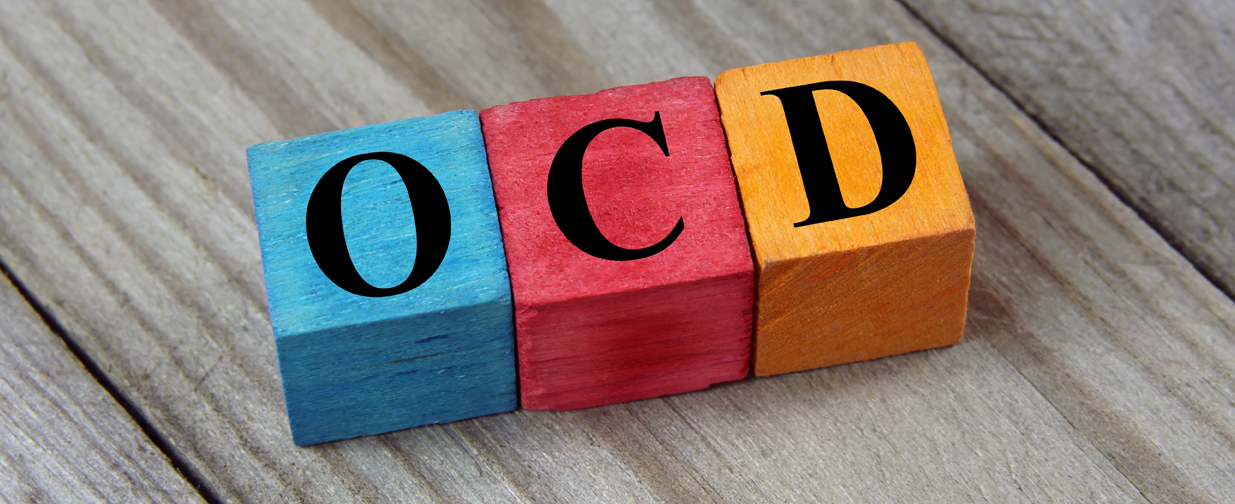Blog
- Transcranial Magnetic Stimulation Device FDA Approved for OCD Treatment
- By Jason von Stietz, PhD
- August 31, 2018
-

According to the DSM 5, the international prevalence rate of obsessive compulsive disorder (OCD) is about 1% to 2%. OCD involves recurrent and persistent unwanted thoughts, which individuals attempts to suppress through repetitive compulsive behaviors. Depending on the severity, OCD can drastically impede an individual’s daily functioning. Fortunately, patients who have not responded to traditional treatment now have greater access to a cutting-edge treatment called transcranial magnetic stimulation (TMS), as a TMS device was recently approved by the FDA. This news was recently discussed in an article in Medical Xpress:
Transcranial magnetic stimulation uses magnetic fields to stimulate nerve cells in the brain. The FDA approved it as a treatment for major depression in 2008 and for treating pain associated with certain migraines in 2013.
"Transcranial magnetic stimulation has shown its potential to help patients suffering from depression and headaches," said Carlos Pena, director of the division of neurological and physical medicine devices at the FDA's Center for Devices and Radiological Health.
"With today's marketing authorization, patients with OCD who have not responded to traditional treatments now have another option," Pena added in an agency news release.
The approval of the Brainsway Deep Transcranial Magnetic Stimulation System was based on a study of 100 OCD patients. Thirty-eight percent of those treated with the device had a more than 30 percent reduction in the severity of their symptoms, compared with 11 percent of those treated with a non-working ("sham") device.
No serious reactions to treatment with the device were reported, according to the FDA.
People with OCD have uncontrollable, reoccurring thoughts and behaviors. About 1 percent of U.S. adults had OCD in the past year, according to the U.S. National Institute of Mental Health. The disorder is typically treated with medication, psychotherapy or both. Most patients respond to treatment, but some continue to have symptoms.
View the original article Here
- Comments (0)


 Subscribe to our Feed via RSS
Subscribe to our Feed via RSS